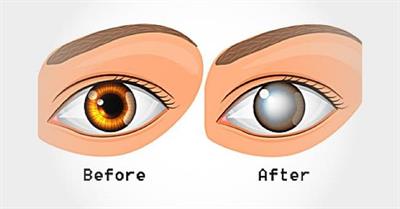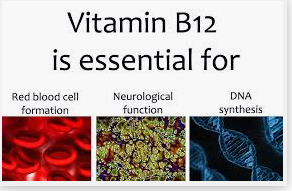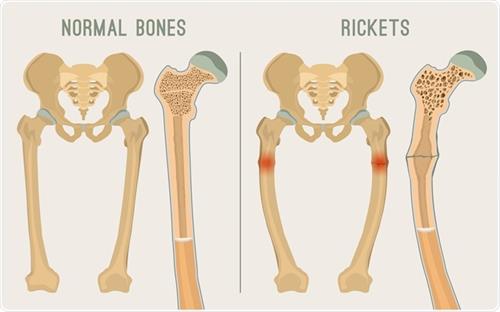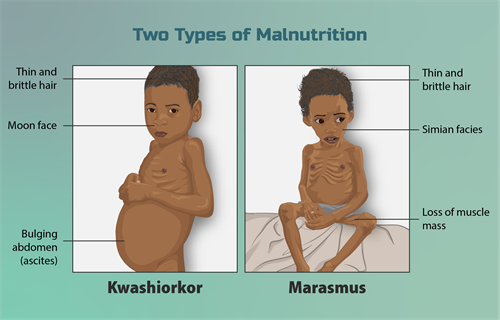
PUMPA - SMART LEARNING
எங்கள் ஆசிரியர்களுடன் 1-ஆன்-1 ஆலோசனை நேரத்தைப் பெறுங்கள். டாப்பர் ஆவதற்கு நாங்கள் பயிற்சி அளிப்போம்
Book Free DemoWe eat a wide range of foods that contain various nutrients. But are all the required nutrients present in that food?
Though we eat enough amount of food it does not mean that we are consuming all the necessary nutrients. If the lack of the particular nutrient continues for a prolonged time the person is said to be deficient for that nutrient.
Poor intake of water, deficiency of nutrients and lack of dietary fibers can cause various types of diseases known as deficiency diseases.
Let us discuss some of them in detail.
Lack of vitamin A
Deficiency of vitamin A in the food we consume, might lead to difficulty in vision leading to loss of vision. Vitamin A is necessary for the formation of pigment in the retina. Thus the deficiency (inadequate uptake/lack/shortage) of vitamin A cause night blindness. Some of the other symptoms of vitamin A deficiency includes poor vision, loss of vision during darkness or night, and xerophthalmia (a condition in which eye fails to produce tears).

Deficiency in Vitamin A causes night blindness
Lack of Vitamin B:
B1 deficiency:
Lack of vitamin B1 leads to a disease known as Beriberi in which muscles become weak and the person has a very little energy to work. In this condition the peripheral nerves of the person are affected. Due to this he may start developing mental problems including confusion and short-term memory loss.
B2 deficiency:
Lack of vitamin B2 can lead to skin disorders, hyperemia (increased amount of blood in the vessels of an organ or tissue), swelling of mouth and throat and reproductive problems.
B6 deficiency:
It can lead to rashes in the skin around mouth and anemia (lack of haemoglobin in blood).
B9 deficiency:
Vitamin B9 is also known as folate or folic acid. Lack of this vitamin can lead to anaemia or diarrhea in adults. Vitamin B9 plays an important role during pregnancy as it is involved in the development of brain and spinal cord of the growing fetus. Hence, deficiency of this vitamin might lead to a serious birth defect called a neural tube defect (NTD).
B12 deficiency: It can lead to depression, fatigue, and lack of red blood cells count.

Lack of vitamin C
Deficiency in vitamin C, can lead to a disease known as scurvy. Scurvy causes weakness, anaemia, gingivitis (disease of the gum). Due to the lack of vitamin wounds take longer time to heal.
The deficiency of vitamin C can be cured by adding some vitamin C to the diet such as fresh fruits and vegetables.

Bleeding gums
Lack of vitamin D
The symptoms of Vitamin D deficiency causes muscle weakness, pain, weak and flexible bones. The deficiency of Vitamin D causes rickets. Rickets is a bone disease which affects infants and the young ones. The child's growing bones fail to develop properly due to the shortage or lack of vitamin D. This results in soft and weakened bones, fractures, bone and muscle pain, and bone deformities.

Bones bent due to rickets
Important!
Sun screen lotion reduces the ability of the skin to produce vitamin D by upto nearly 95%. This leads to deficiency in Vitamin D in the body.
Lack of vitamin E and K
Vitamin E deficiency symptoms include lack of resistant power to illnesses, childlessness or sterility. Vitamin E deficiency causes nervous weakness, muscle weakness that causes loss of body movement control, and dimming of eyesight.
Vitamin K deficiency symptoms include easy bruising, bleeding profusely even for a small cut. The deficiency of vitamin K cause weakness of bone and teeth, poor bone development, osteoporosis, and increased cardiovascular disease. Excessive deficiency of vitamin K can lead to haemorrhagic in newborn, in which the blood flow will not stop for a long time.
Deficiency of proteins
The various diseases that are caused due to protein deficiency:
Protein deficiency | Symptoms | Description |
| Kwashiorkor | Stunted growth, swelling observed in face and limbs, diarrhoea. | It is also called as edematous malnutrition as it is associated with edema or fluid retention or swelling. It is caused due to lack of protein in the diet and in areas where there is famine. |
| Marasmus | Slow growth of body, Skinny appearance | Occurs mostly in babies and young children. It is a severe malnutrition that is caused due to energy deficiency. It causes loss of muscles and fat, which is why the children looked skinny and famished. |

Lack of minerals
Lack of iodine:Cretinism is observed in infants or children with severe iodine deficiency. Iodine deficiency in the diet during the pregnancy of mother causes cretinism. It leads to enlargement of thyroid known as goitre. Goitre is observed in adults is characterised by swelling in the neck. Lack of iodine can lead to malfunctioning of thyroid gland that cause hyperthyroid and hypothyroid. This induces hair fall, obesity and also inflammation in the throat.
Lack of calcium:
It leads to rickets (bone disease) which affects infants and the young ones. When vitamin D is deficient there is lower absorption of calcium. The child's growing bones fail to develop properly due to the shortage or lack of vitamin D. This results in soft and weakened bones, fractures, bone and muscle pain, and bone deformities.
Lack of phosphorous:
Deficiency in phosphorus results in osteomalacia. In Osteomalacia there is weakness and softness in bones. Osteomalacia in older adults leads to fractures.
Lack of iron:
Deficiency of iron leads to anaemia, a condition in which the number of red blood cells is reduced. This is because iron is the mineral element that is involved in the production of red blood cells. Anaemia can cause light-headedness, dizziness and tiredness.
Reference:
https://upload.wikimedia.org/wikipedia/commons/8/89/Depiction_of_children_suffering_from_two_types_of_malnutrition.png